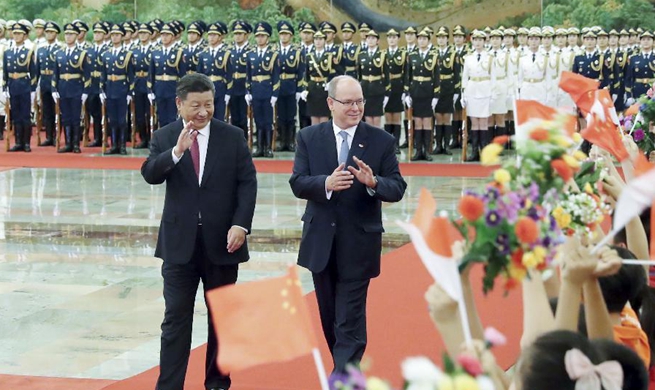GENEVA, Sept. 7 (Xinhua) -- A new approach to lifelong learning is needed for the future of work, the International Labor Organization (ILO) director general has said in a speech to education and employment ministers at a G20 meeting in Argentina, the ILO said Friday.
"We need to replenish skills throughout a working career, and this calls for revisiting the models and concepts of lifelong learning to create the future we want," said Guy Ryder, the ILO chief.
He made his speech to education and employment ministers from the G20 developed and developing nations, calling for more policy prioritization and financing for adult learning that research shows is currently limited.
Ryder said that over the past year, the ILO's Global Commission on the Future of Work has discussed the "megadrivers of transformative change in our labor markets" such as technology, demographics, globalization and climate change.
"These trends are affecting the composition of employment, the nature of the tasks carried out at work and the skills required," said the ILO chief.
From this stems a global collective challenge to implement policies that ensure decent work as to shape the future of work in a desirable way.
"Initial education is crucial for basic skills like literacy and numeracy and as a foundation for any further learning," said Ryder.
The world is seeing some skills shortages emerging, noted the ILO chief.
"Even though educational attainment has generally been improving, skills levels among adults have been stagnant or in some cases declining," he said.
"The consequence is that many G20 countries are experiencing shortages in high-level cognitive and social skills areas," he said.
Ryder said adults do not have sufficient opportunity in many cases to upskill to embrace new technologies and perform new job tasks and to reskill to access new job opportunities.
"Currently, participation in adult learning remains limited and financing of it remains low," he said.
As there is a rise in non-standard forms of employment, such as part-time, temporary, and third-party agency work, these issues become even more appropriate.
"ILO research suggests that firms underinvest in training when their workers are not in full-time, open-ended employment, when there isn't that longer-term attachment to the company," said Ryder.

















